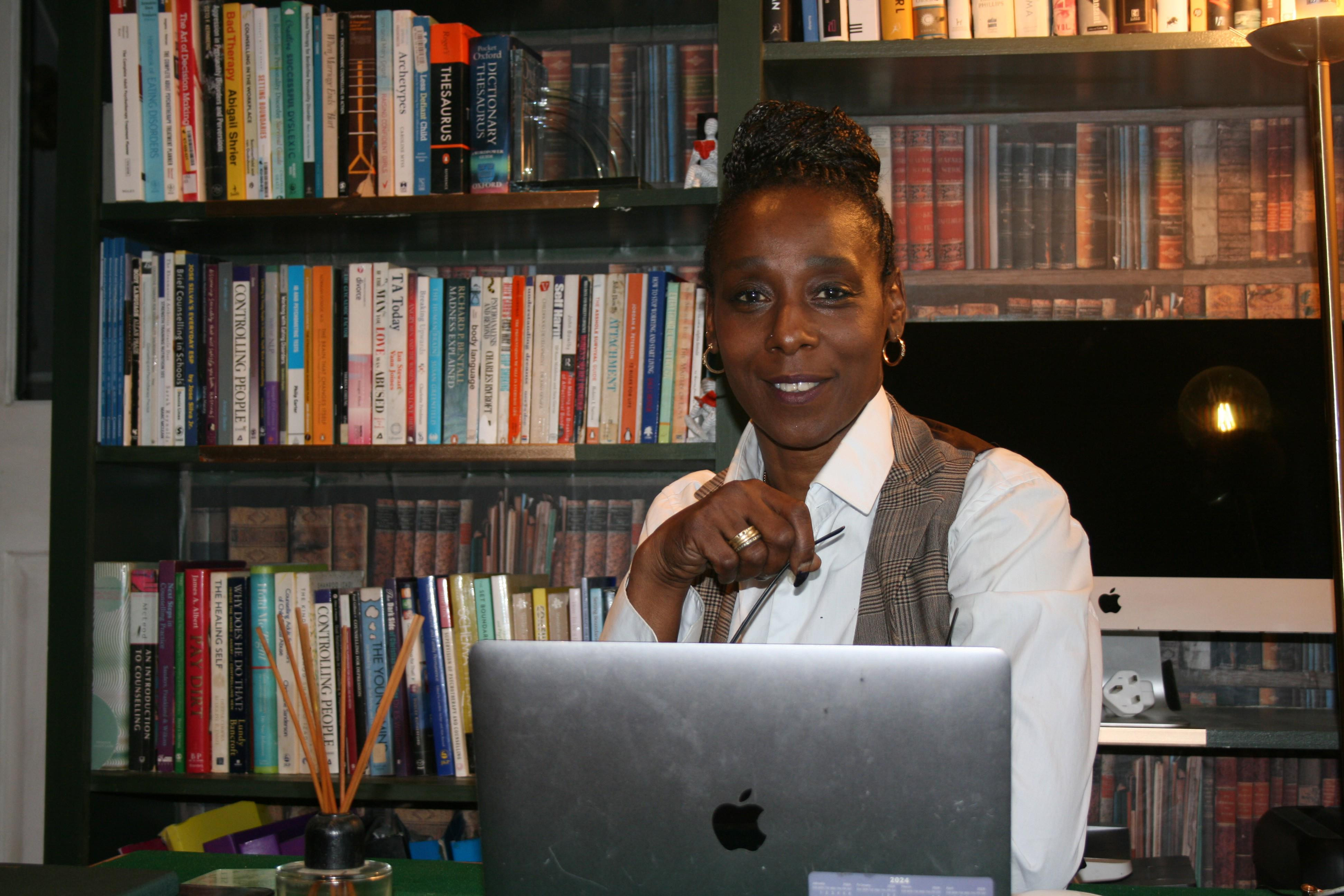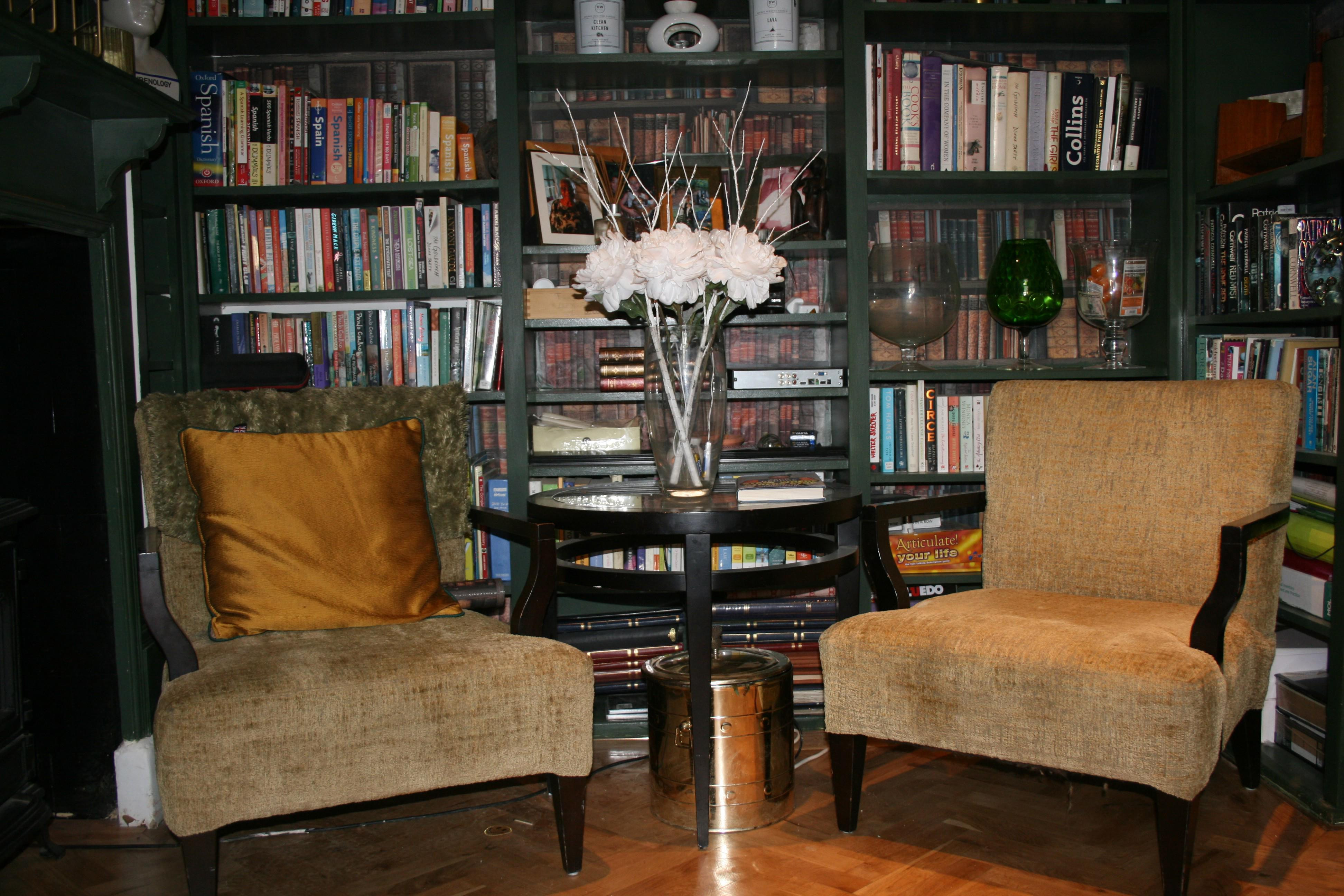I consider myself to be a warm and kind person; I welcome positivity in my life while maintaining reasonable expectations. As a young adult, I obtained a DIPSW degree in Social Work, specialising in Probation. I worked for the London Borough of Ealing as a peripatetic residential social worker and for Hammersmith and Fulham Probation Service. When I married I left my first child and attended Metanoia on a counselling course journey. I had become a stay-at-home mother but missed my social working life. After my second child was born, I started to attend counselling as I became unhappy with the expectations of my life with two children. Many years later I found myself back in personal counselling at the beginning of my divorce. This time I went to the Christian Gilead School for Counselling for help and after a while, I decided to train there as a Counsellor.
I worked with groups of women and men as well as doing one-to-one Counselling. As the years moved on I completed a Drugs Solvent and Alcohol Abuse Counselling Skills Advanced Diploma, a Cognitive Behavioural Therapy Diploma, and a Diploma in Events Management. I have always worked in therapeutic settings: Children's homes, Social Services, Probation Service for under-21 males, and Project management for excluded children. I co-ran a women’s group where we addressed maladapted life skills, as well as a men’s group where we confronted narcissistic tendencies. With counselling one-to-one, I used a multi-pronged approach but focused mainly on Schema Therapy. Now, however, I find that most people want to focus on the here-and-now problems, so I am flexible. Overall, I am happy to be led in this department. Poor mental health has affected me and my family, so my knowledge base is academic, practice and learnt experience.
The most fulfilling aspect of my working life is that I can help my clients move past negative events they think define their character, therefore obstructing sight of their true potential. Simple pleasures, such as the boost of serotonin we gain from laughter, can greatly improve our quality of life. When we deny ourselves positivity or feel a general lack of it in our lives, it can lead us to feel dissatisfied, causing us to underperform. To take back control, there is a need to welcome all our emotions. Together, in counselling, we can attack the fears that hold us back and learn to improve our quality of life within a safe place. I believe that patience is key.


If you choose to attend in-person sessions, they shall take place in my home office (as pictured). This is our space to be open with one another. I am situated in a sleepy area therefore, we won’t be distracted and can focus solely on you. I aim to make my clients feel safe and at ease, and I have spent time curating a welcoming environment; this way, we can comfortably take the first steps and establish our counselling relationship. Confidentiality, boundaries and privacy are paramount in our space.